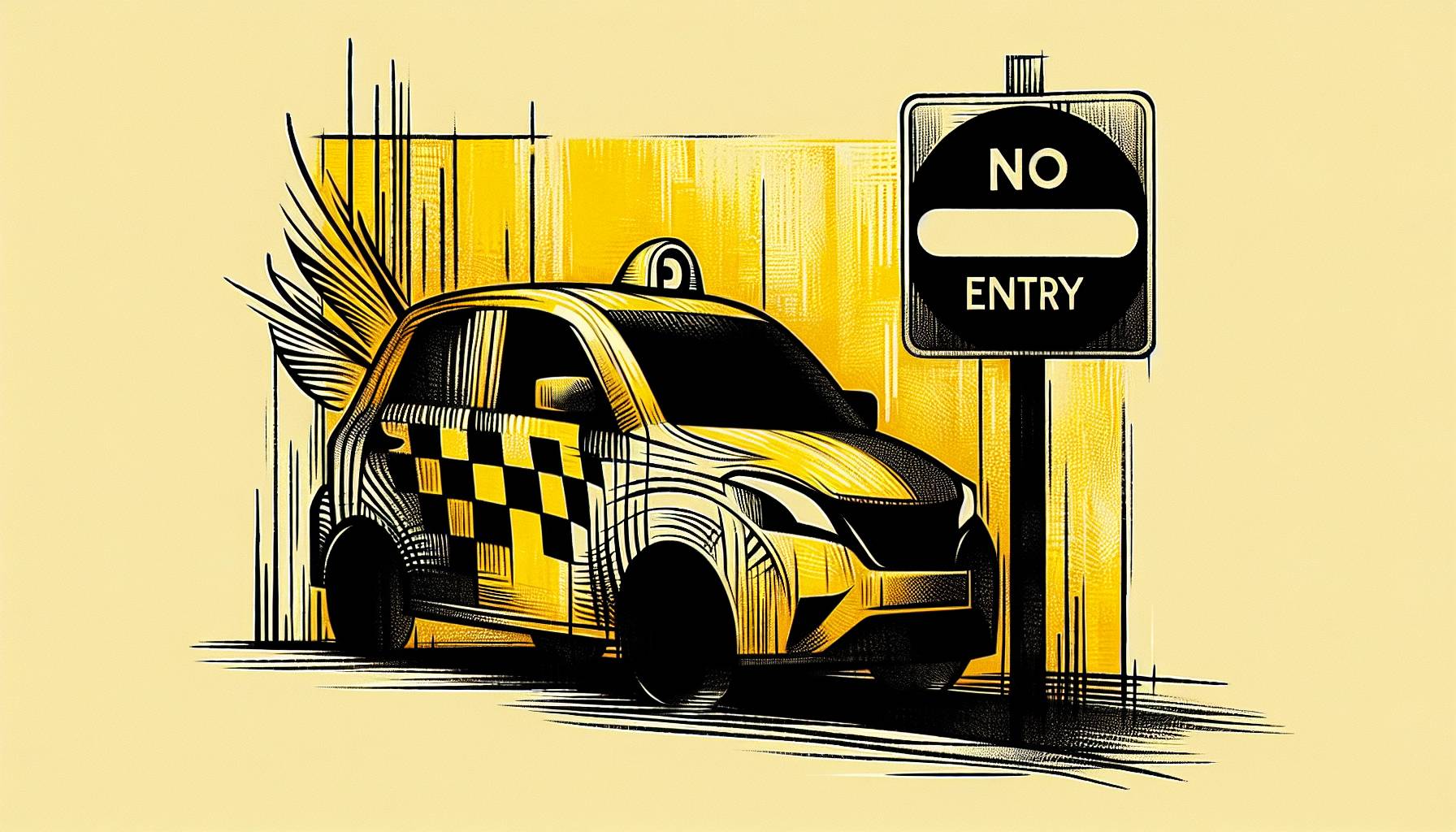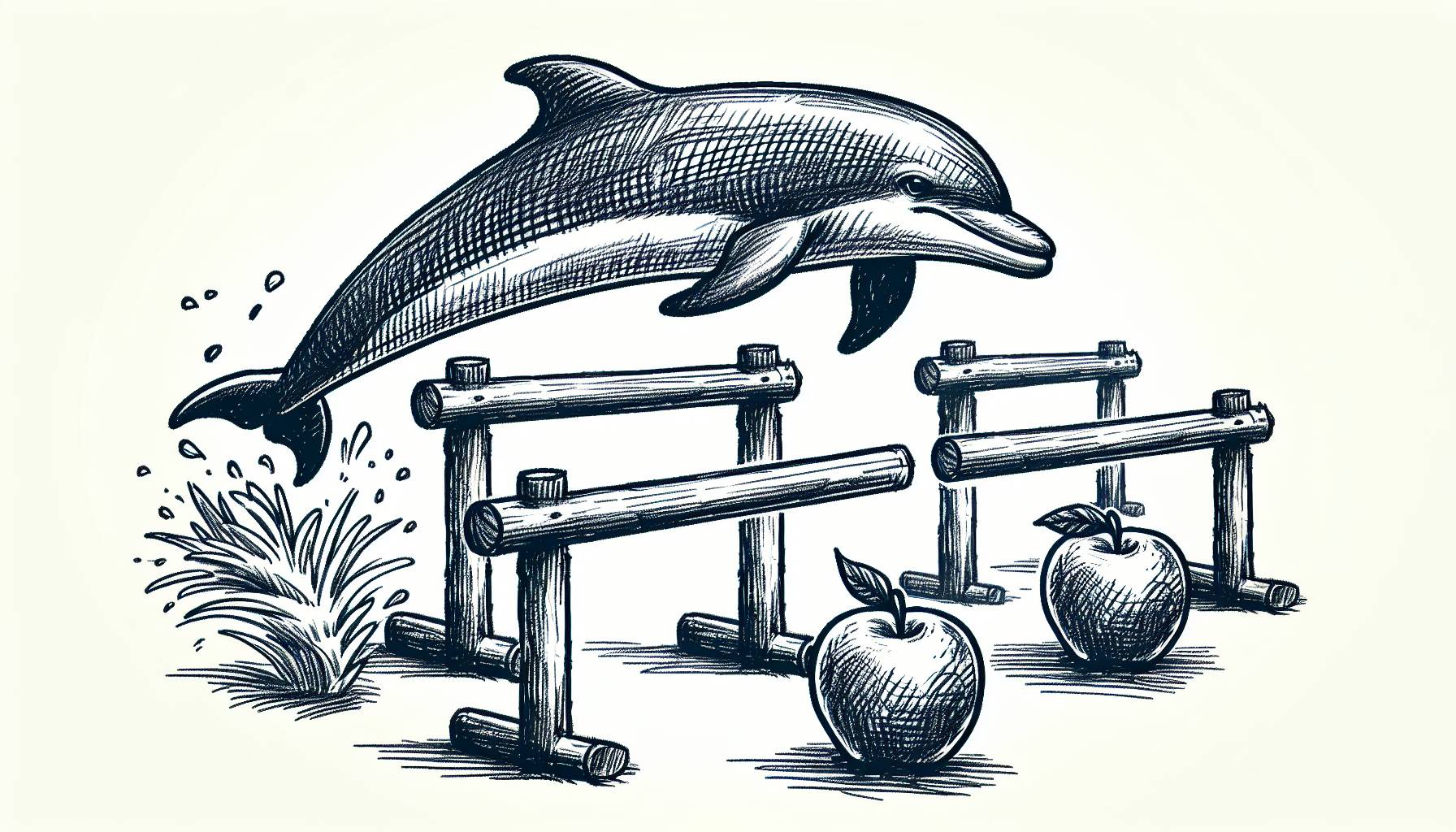On Wednesday at an event in Las Vegas, Microsoft (MSFT) previewed the latest version of its Windows Phone mobile operating system, dubbed Mango. It’s the company’s latest effort to draw more developers to create apps for its platform. The software finally includes multitasking capabilities long found on other mobile competitors, as well as an updated version of Internet Explorer 9 and an improved Marketplace search experience.
Key to the mobile app industry is the operating system’s ability to allow developers to build apps that use the phone’s hardware features, including the camera and the accelerometer. The company claims that developers will also have the opportunity to more deeply integrate their apps with the phone. As an added bonus, there will be access to the phone’s contacts and calendar, which allows data to be incorporated into various apps. Developers will be given an opportunity to test Mango’s features in May, prior to the operating system being rolled out on users’ phones beginning this fall.
However, just a few months is hardly enough time for developers to help Microsoft jump from a base of about 13,000 apps to reach the level of Apple’s (AAPL) iOS with more than 350,000 apps, or Google’s (GOOG) Android with more than 200,000 apps. Microsoft has taken a step in the right direction with plans to add apps such as Skype, Amazon, Angry Birds and Spotify to Windows Phone 7 when the new operating system update is introduced. Some consumers may be drawn in by such big names, but those wanting an endless selection of apps from which to choose are likely to stick with the iPhone or Android.
But Microsoft isn’t exactly a turtle in this race, as the web browsing experience on Mango is being touted as speedier than both the Android and iPhone 4. And Microsoft is using its Kinect knowledge to develop basic motion-sensing technology for the Windows Phone 7, which could be used to create augmented reality apps.
Nokia (NOK) partook in Microsoft’s display, but continues to remain vague about when the carrier will begin selling the Windows Phone 7, which Nokia plans to make its primary smartphone operating system. It would be wise for the mobile carrier to move faster than the new operating system’s speed to push Windows Phone 7 to the forefront of developers’ minds, and before consumers’ fingers tire from endless Angry Birding.












